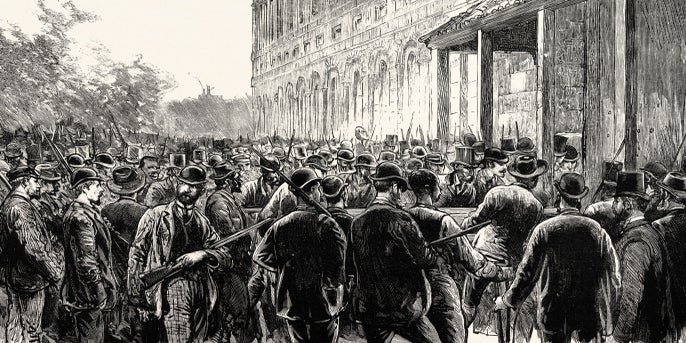Delegated Vigilantism and Less-than-Lethal Lynching in Twenty-First-Century America
By Michael Tonry
Whites have been afraid of Black people since “20 or so” were “purchased” in Jamestown, the first permanent British colony, in 1619. Southern Whites’ fears of racial insurrections and wars pervaded American politics through the Civil War. For nearly a century afterward, southern and many other Whites feared economic and social competition from Black people and believed they were inferior human beings. Since the 1960s, most Whites have ceased believing in inherent Black inferiority but have continued to oppose integration of schools and housing and exaggeratedly feared Black criminals. Two widespread earlier practices, vigilantism and lynching, although in retrospect reviled, have modern equivalents that target Black people. Police use of the “third degree,” curbside punishment, and brutal prisons were for long acceptable to fearful and angry White citizens, just as racial profiling, police violence, and extreme punishment disparities are in our time. Call that “delegated vigilantism.” White citizens no longer themselves capture and kill alleged wrongdoers but, not so different, majorities have for a half century supported policies that authorize or mandate routine use of unprecedentedly severe punishments that ruin lives. Call that “less-than-lethal lynching.”
United States, Crime and Justice Volume 52. 2023


